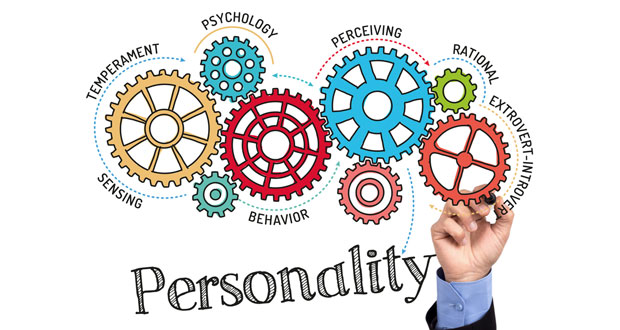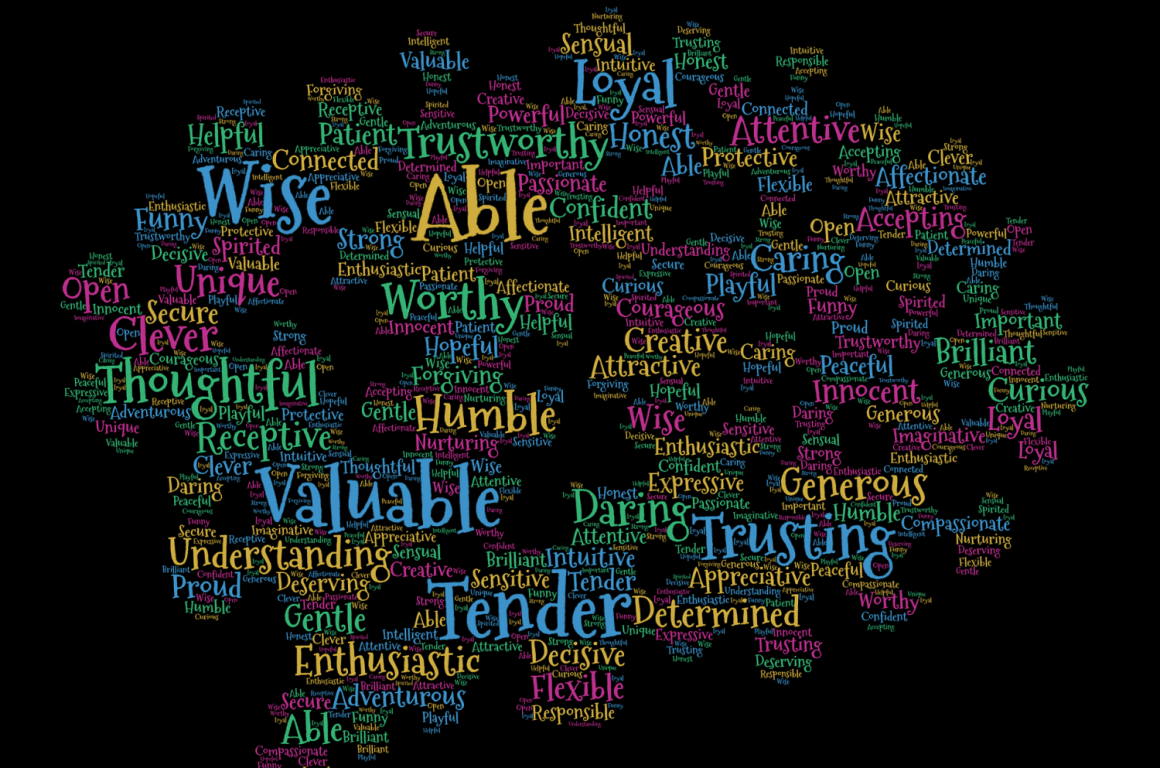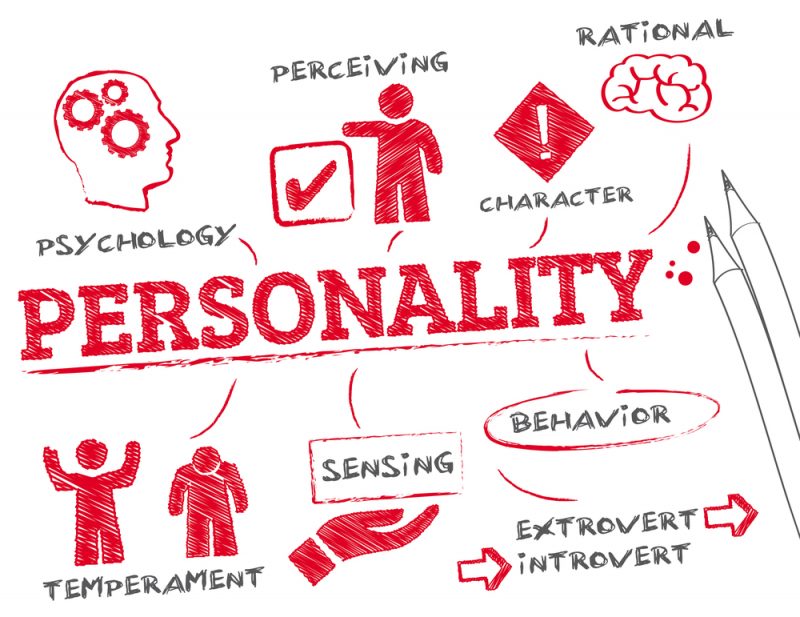Personality Definition & Meaning
Personality refers to behavioral examples, feelings, and emotions developed under the influence of environmental and physical factors. Personality in psychology is a distinct type of mental process and behavior that exists only within that which sets that person apart from others. Simply put, the personality trait that sets a person apart from others is personality. Many of us understand personality to mean maintaining seriousness in our appearance. Talking little when going to an event somewhere. Trying to present their own self in a way that makes him cringe. Many people think that hiding oneself and pretending to be someone special among others is a personality. You feel like a personality to be different from everyone else in terms of expressing your qualifications. Or want to express the personality of the nobility of clothing. Expressing your personality in a way that makes others laugh is not really understandable to you. The day of self-expression in this way has changed. There is no problem bolding yourself or banding yourself in the middle of everyone. That is why there is no need to pretend like that other will give you the title of attitude master or ostracized type. Make your special presentation come together with everyone. Everyone will look at you differently.
Relationship between body structure and personality
German psychologist Ernst Kretschmer thinks that personality traits have many qualities. The mood is particularly related to body shape. He identified two types of mood. These are Cycloid & Schizoid. People with a cycloid mood are emotional, restless, and choppy. On the other hand, people with schizoid temperaments are introverted and averse to social relationships. People with a cycloid mindset are short, chubby, and have fat bodies. People with a schizoid mentality are taller and lighter. However, Ernst Kretschmer’s theory has no scientific basis. Another psychologist named Sheldon sought to determine the relationship between body shape and personality traits. He divides all the qualities into three categories. These are- (1) Viscerotonia- which means dependency, social recognition, aspiration, comfort, relaxation, and eating luxury. (2) Somatotonia- means self-establishment effort, the dominance of movement and effort, tendency to take risks, etc. (3) Cerebrotonia- means Desire to have physical intercourse, control of emotions, spontaneous expressionlessness, insomnia, and loneliness. Examining the personality of many people, he determined that those whose bodies are flat, round, and soft have Viscerotonia personality. In the same way, those who have an excess of bones and muscles in their body are endowed with Somatotonia. However, Sheldon’s doctrine also has no scientific basis.
Further, the internal chemicals in the body determine the quality of human behavior. Endocrine glands have the most significant effect on personality. For example, when the amount of insulin secreted by the pancreas drops below the critical level, the person is easily disturbed and has a vague fear of sponges. Other endocrine glands that are directly related to personality are the thyroid gland, adrenal gland, sex gland, and pituitary gland. For example, over-activation of the thyroid gland makes a person restless, restless, anxious, and restless.
Effect of Social Factors on Personality
Cultural archaeologists place great emphasis on social conditions. From the moment of birth to the last day of life, various social influences work directly and indirectly on a person. The two important elements of society are rules and social roles. Individuals learn rules of conduct from society. In addition, the parents are the first to influence the formation and development of the child’s personality. From them, the child gets a basic and practical idea about his values, convictions, social attitude, and his social role. If the parents control the child too much and do not show love to him, then there is an introverted tendency in him. On the other hand, when the parents are more affectionate, the child grows up and becomes dependent on others. If the majority of the friends are honest, polite, and intelligent, then the personality of the other members of the group develops desirable qualities. Teachers’ attitudes and behaviors towards children influence their personality formation.

Personality development
We always strive to present ourselves as more intelligent, competent, and superior than others. Because the present period is the period of competition. If you can’t prove yourself the best, you will lag behind others. When you think about yourself, you will find that you have ample opportunity to develop your personality. You have a lot of qualities that you didn’t use, there are a lot of strategies that you didn’t master. Many fields of talent could not be developed. So there is always an opportunity for self-development. Our personality will become more attractive only if we can overcome some misconceptions.
Set your goals first
We always want to do something. We figure out that these things need to be done. But it is seen that the work is not done, it is frozen or there is laziness in us that postpones the work. In this case, the real problem is the lack of specific goals. So we have to set goals before we can act. Goals always provide emotional motivation, and increase your strength. If the goal is not in line with reality, it is not effective. And in order to achieve the goal, it is necessary to set a deadline.
Love yourself
When you start liking yourself, you become confident and creative. Obstacles to daily work will seem tolerable to you. So try to improve your perception of yourself. Carefully keep in a file any testimonials, awards, or certificates of appreciation for your work. If for any reason you ever feel frustrated or upset, look at these things. Eliminate negative thoughts altogether. Think more about your ability to work and not about your limitations.
Keep your anger under control
Anger and resentment hinder personality development. During anger, the human brain is at the gamma level. At this time the connections of the circuits of the brain are disconnected. As a result, people fail to make the right decisions. Find out the reasons for this anger. Take practical steps to overcome them, and you will see that anger or tension has subsided.
Practice knowledge and be self-denying
Study regularly in the midst of busyness for self-creation or self-discovery. Collect and read books on self-improvement, exercise, food, exercise, medicine, and literature. Read the biographies of successful people, and engage with them in voluntary organizations and charitable activities. Because knowledge about life can make your journey easier.


